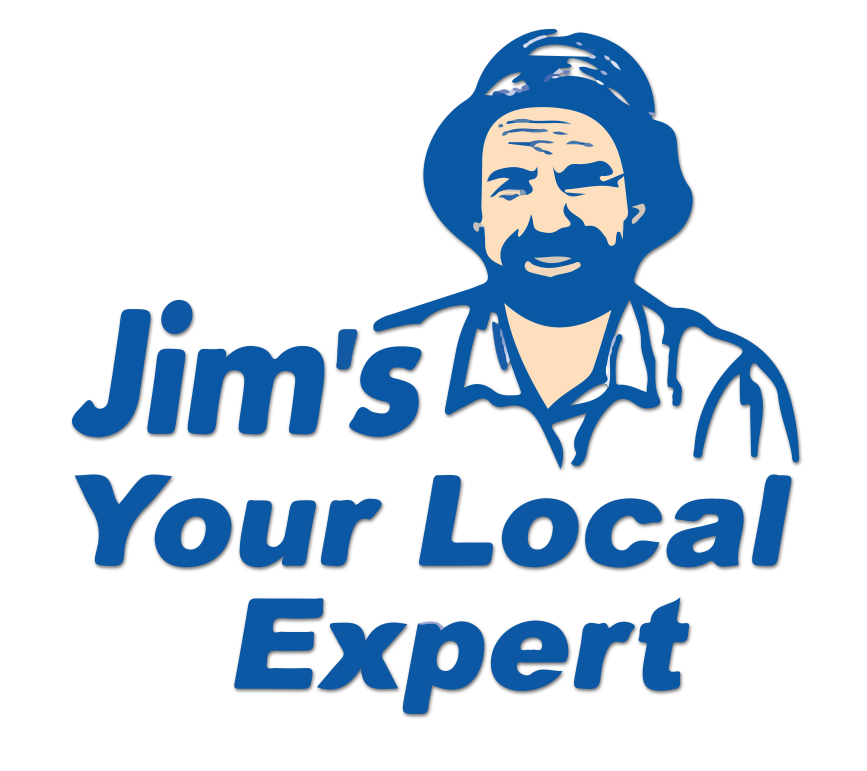Soil is made up of organic matter such as leaves, insect excrement, minerals, gases, liquids and all other organisms.
While it just sounds like dirt (but it’s not!), when it comes to gardening, soil is one of the most valuable things on this planet. That’s why it’s vital to your garden and plants that you look after it.
But before we jump into the nitty gritty, let’s cover some basics
What are the different types of soil?
In the US, it’s been recorded that there are over 70,000 types of soil. However, in its essence, there are generally six types of soil, namely
- Loamy – dark, rich, crumbly and easy to work with
- Silty – compact with poor drainage
- Chalky – high in alkaline with pieces of flint
- Clay – compact, bad drainage and hard to work with
- Peaty – beneficial for plants that like acidic soil
- Sandy – loose and cannot retain moisture or nutrients
3 things you should know about your garden soil
#1 Soil has layers
Just like water filters, soil is nature’s own filtration system. These layers are called horizons and are:
- Organic – grass, partly decayed organic matter
- Topsoil – dark and organically rich
- Subsoil – clay that has filtered from the top soil
- Parent material – partially altered parent material
- Bedrock – unweathered parent material
For your garden, the majority of your focus should go towards your organic and topsoil as this is where the nutrients are that feed and help your plants grow. However, it’s important to ensure your other layers are equally happy by having your soil tested.
#2 Earthworms are extremely beneficial
The next time you see an earthworm in your garden, ensure that you try and keep it around. These worms feed on dead leaves, roots, grass and even manure, which is processed in their bodies to produce highly concentrated organic matter. They also contribute to the nitrogen content of the soil.
To get more or keep earthworms happy in your garden, it’s important to create an alkaline environment for them to thrive. Other things you can do is
- Keep the soil moist
- Improve drainage or aerate the soil
- Have more organic matter like manure and dead leaves
#3 Soil, compost, mulch & dirt are totally different
All these dirty things each play a vital role in the vibrancy of your garden and serve a different purpose.
Soil
This earthy goodness comprises roughly 45% minerals, 25% water, 25% air and 5% organic matter. Then there are the nutrients that help your plants grow namely; nitrogen, phosphorous and potassium.
Compost
Compost is organic material that has decayed which helps to improve the nutrient density of your soil – not the texture. For instance, your compost heap of vegetable ends etc. gradually breaks down to form healthy, vibrant organic stuff for your garden.
Mulch
This organic matter is generally made up of wood chips, broken bark, nutshells and other natural matter that is hard. The idea is that you spread mulch over soil that is exposed to keep moisture in, prevent weeds from growing and keep your soil cool.
Dirt
Fill dirt is basically all of the above (with rocks) with no nutritional value – normally used in construction. When soil, compost, mulch and everything else lose all of their minerals and healthy properties, it simply becomes dirt.
Agriculture Victoria is an excellent resource for learning more about soil.
How can we help
Jim’s Mowing offers a routine garden maintenance service at a low cost, to help keep your garden looking fresh. As part of our service, we offer:
- Lawn restoration and repair
- Pest control
- Landscaping
- Weed control
- Garden clean up



